Q&A with Rachel Stovell
23rd July 2024 | Tim Atkinson
Rachel will be a familiar face to anyone who has recently attended any of the LWWP training she now co-delivers, but it turns out her specialist interest is (or was) the face, too – specifically, facial pain, having worked at the Eastman Dental Hospital for many years. She is co-chair of the Physiotherapy Pain Association, and currently living and working as a ‘digital nomad’ in a number of exotic locations. But what, growing up, was her burning ambition? And what is currently top of the to-be-read pile by the campervan bed? For the answer to these and other (perhaps more serious) questions, Live Well with Pain’s newsletter editor Tim Atkinson caught up with Rachel for the latest in his regular series of Q&A interviews . . .
You trained as a physiotherapist, working in a variety of settings. Apart from the obvious fact that pain can be helpful diagnostically, what sparked your interest in pain and pain management?
I was interested in pain from quite early on in my career. Initially I specialised in MSK and I remember questioning the traditional techniques and approaches we were taught as undergraduates and doing post-grad courses wasn’t always much better. I began to question what I’d been taught as well as listen to my patients, working with them and encouraging them to keep active, even with pain. And I found things changed. I gradually did more courses in understanding pain which led me to do my MSc Pain Science and Society and after this I went back to work in the NHS and specialist pain services.
You are co-chair of the Physiotherapy Pain Association. I wonder if you could tell us a little bit about the organisation, and what’s in the pipeline for the PPA in the coming months?
The PPA is the professional network within the Chartered Society of Physiotherapy for those of us with an interest in pain or who work with people in pain (which in my view covers nearly everyone!). We support physiotherapists in their working roles as well as disseminating knowledge and research about pain, not only to our members but also to the wider physiotherapy and health community nationally and internationally. We’re linked to the British Pain Society and IASP and we publish own journal Pain and Rehabilitation. The summer tends to slow down some activities but we are currently building towards our representation at the CSP conference in October and working to develop guidelines for physiotherapists working in the field at different career points.
As someone who finds my own self-management strategies tested to breaking point by a visit to the dentist, I wonder if your interest in facial pain has thrown up any specific techniques or tricks to help manage what is probably a very niche category of pain?
That’s a great question! It’s interesting to note how a visit to the dentist can open up a can of worms. For example, it’s common for it to cause a flare up for those with chronic facial pain as well as those with other chronic pain conditions. Just noticing this is a starting point. Planning around it may well include considering what self-care would mean in those circumstances, and I’m a great promoter of the P’s plan: prioritise, pace, pause. That, and being kind to oneself especially when things are tough, is a good place to start. People with persistent facial pain often reduce activities like talking, eating, socialising due to their pain and our work focusses on managing a resumption to such activities even if the pain persists. Similar to any goal, taking small steps and building slowly is key and just recognising that a dental visit might be a goal in itself can be useful. Explaining and talking to the dentist about your concerns and even asking for pauses during appointments to move, breathe etc. can also be helpful.
I’m always envious when you log-in to an online training session from some exotic European location. What have been the highs (and, perhaps, lows) of life on the road as a digital nomad?
The highlights are seeing so many beautiful places and experiencing different cultures; I always remind myself to take a moment to appreciate where I am and what an incredible privilege it is to be able to do this. Lows? (I’m always conscious that there might be some eyes raised at this point!) I suppose our biggest challenge is the weather; extremes of any kind are interesting when you travel in a motorhome. Wind can make it difficult to drive a high-sided vehicle and can buffet us if we’re not positioned correctly when we’re parked. And as we tend be outside for most of our activities rain isn’t much fun. Snow makes driving a ‘no no’ and our priority then is simply keeping warm. We are currently in Turkey where daytime temperatures are nearly 40 degrees (and 30 degrees overnight) so keeping cool is the main challenge at the moment! We vainly try to explain to people that it’s not like being on holiday: we need to plan routes and destinations and to find places to stay and park and so on… but most folk glaze over at that point!
Finally, some fun questions: What was your burning ambition as a child?
Oooh, gosh! I remember being very influenced by my grandmother who always took me to London to the museums. So, think I flitted about form being an archaeologist to volcanologist before eventually becoming fascinated with the human body and how it worked and deciding I wanted to do something in the medical field – initially as pathologist I think!
What is top of your to-be-read pile at the moment?
Being in the motorhome has meant an adjustment to my reading style because there isn’t room for many books! So I’m using a Kindle, and (as a bit of a fantasy fiction lover) am currently reading book two of The Wheel of Time by Robert Jordan. I recently read some books about the opioid crisis in the USA and have Pain Killer by Barry Meier queuing. And driving gives me time to listen to audiobooks; I’ve revisited some literary classics and am currently listening to Jane Austen’s Emma as well as starting Salman Rushdie’s The Satanic Verses as it has been on my list for years and thought hearing it might be easier. I’ll probably listen to another Jack Reacher (Lee Childs) before long, or find a podcast or two…
And finally . . . Android or iPhone?
I converted to Android about five years ago and
can’t complain!
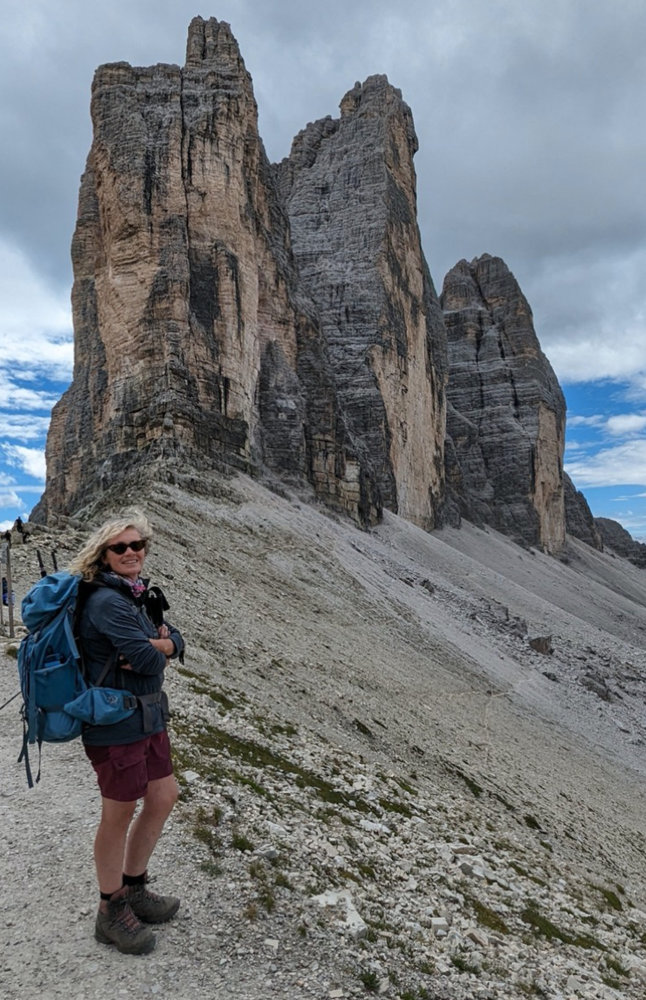
Rachel Stovell
“It’s common for a visit to the dentist to cause a flare up for those with chronic facial pain as well as those with other chronic pain conditions. Noticing this is just the starting point. Planning around it may well include considering what self-care would mean in those circumstances, and I’m a great promoter of the 3Ps plan: prioritise, pace, pause.”
This article first appeared in Live Well with Pain’s July 2024 newsletter.
You can download a PDF of the July edition here:
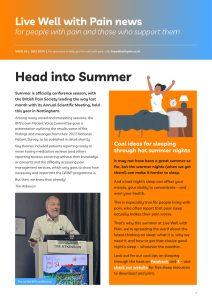
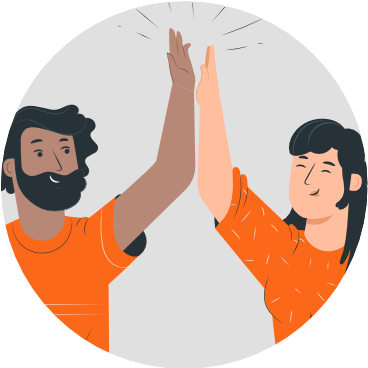 What is self management?
What is self management? Using our resources
Using our resources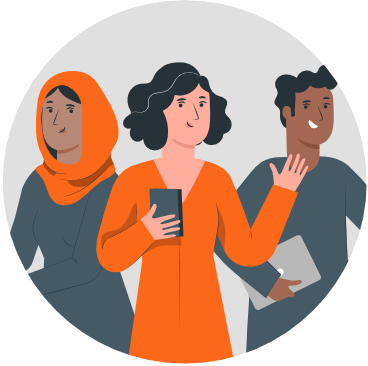 About us
About us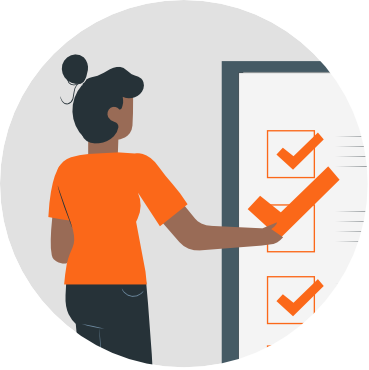 Always trusted, always free
Always trusted, always free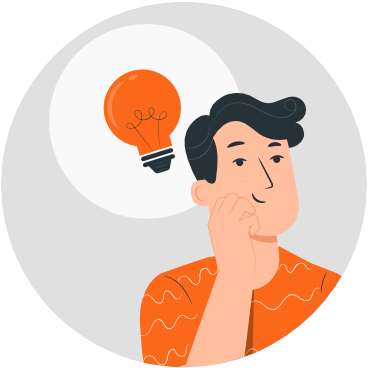 Explore our resources
Explore our resources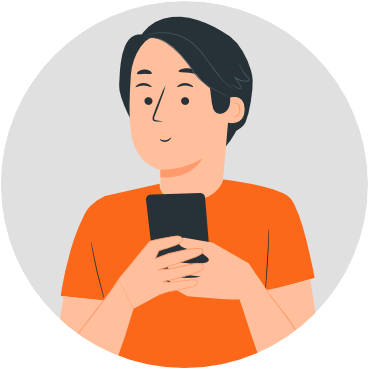 Ten Footsteps programme
Ten Footsteps programme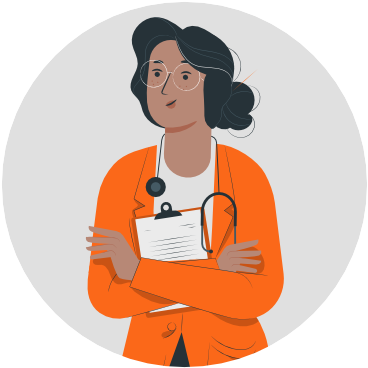 Professional tools
Professional tools Training for practitioners
Training for practitioners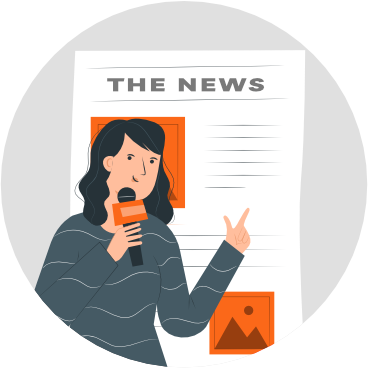 Our newsletter
Our newsletter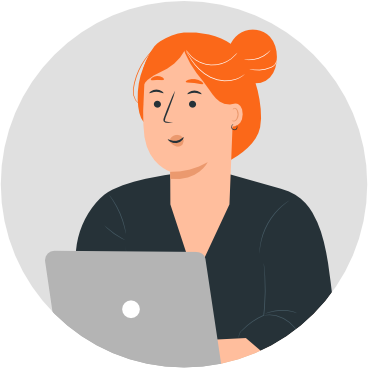 Inspire – our blog
Inspire – our blog